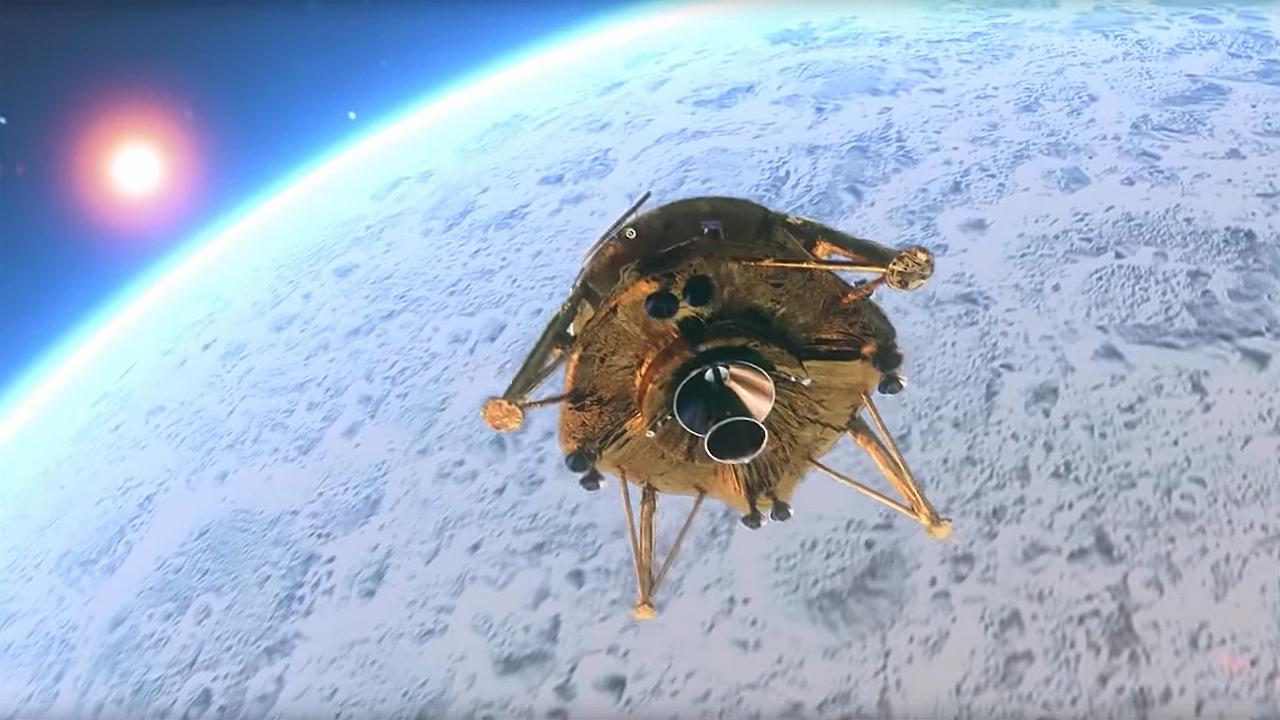Living up to the promise of, “if at first you don't succeed, you try again,” - a phrase famously declared by Israel’s Prime Minister Benjamin Netanyahu, after the countries Beresheet Moon probe crash landed on the lunar surface last year, SpaceIL have just announced that its successor, Beresheet 2, will head to the Moon in the year NASA intends to send its Artemis mission.
“We are proud to announce that Beresheet 2 is going to head to the Moon in the first half of 2024!” Team SpaceIL said in a Tweet today.
Beresheet 2 will include two landers, each of which will carry out experiments on the surface of the Moon, and an orbiter that will stay for several years, SpaceIL say.
SpaceIL have recently put out a call for proposals for experiments that its latest lunar probe could undertake. Ideas’s will be assessed by the organisation’s CEO, Shimon Sarid, together with content specialists who will decide what research will be conducted during mission.
“Defining the mission will set a new bar of challenges and will be based on the knowledge, experience and learning from the Beresheet 1 Project,” says SpaceIL.
Work on Israel’s second spacecraft has yet to start development but will commence shortly add the organisation.
SpaceIL is a non-profit organisation that was initially established in 2011 to compete in the Google’s Lunar XPRIZE; a competition that offered substantial monetary prizes, if a team were able to land a privately funded rover on the moon, travel 500 meters, and transmit back high definition video and images.
Taking up the challenge with Israel’s Aerospace Industries (IAI), the two launched their entry – the Beresheet lander – on 22 February, 2019, with plans to also measure the Moon's magnetic field at the landing site.
Unfortunately, on 11 April 2019, a problem occurred in the final minutes of flight during the landing procedure, and the craft was lost.
The SpaceIL team was still awarded a $1 million "Moonshot Award" by the X Prize Foundation in recognition of Beresheet touching the surface of the Moon.
SpaceIL are also the recipients of a $1 million grant from the Blavatnik Family Foundation, who have contributed the funds earlier this year to support the Beresheet 2 spacecraft programme and contribute to the goal of landing an unmanned Israeli spacecraft on the lunar surface.
Beresheet 1 may not have completed it’s objectives, but it was the first privately funded lunar lander, the smallest and most affordable spacecraft to travel to the Moon – it cost around $100 million – a fraction of the price of most lunar missions.
It also had a profound impact on Israel, with hundreds of thousands of its citizens watching the launch.
The planned launch in 2024 could also mark another first for the country; along with what is hoped will be a successful Moon landing this time around, the Beresheet 2 mission also hopes to launch Israel’s first nanosatellite into a lunar orbit.











